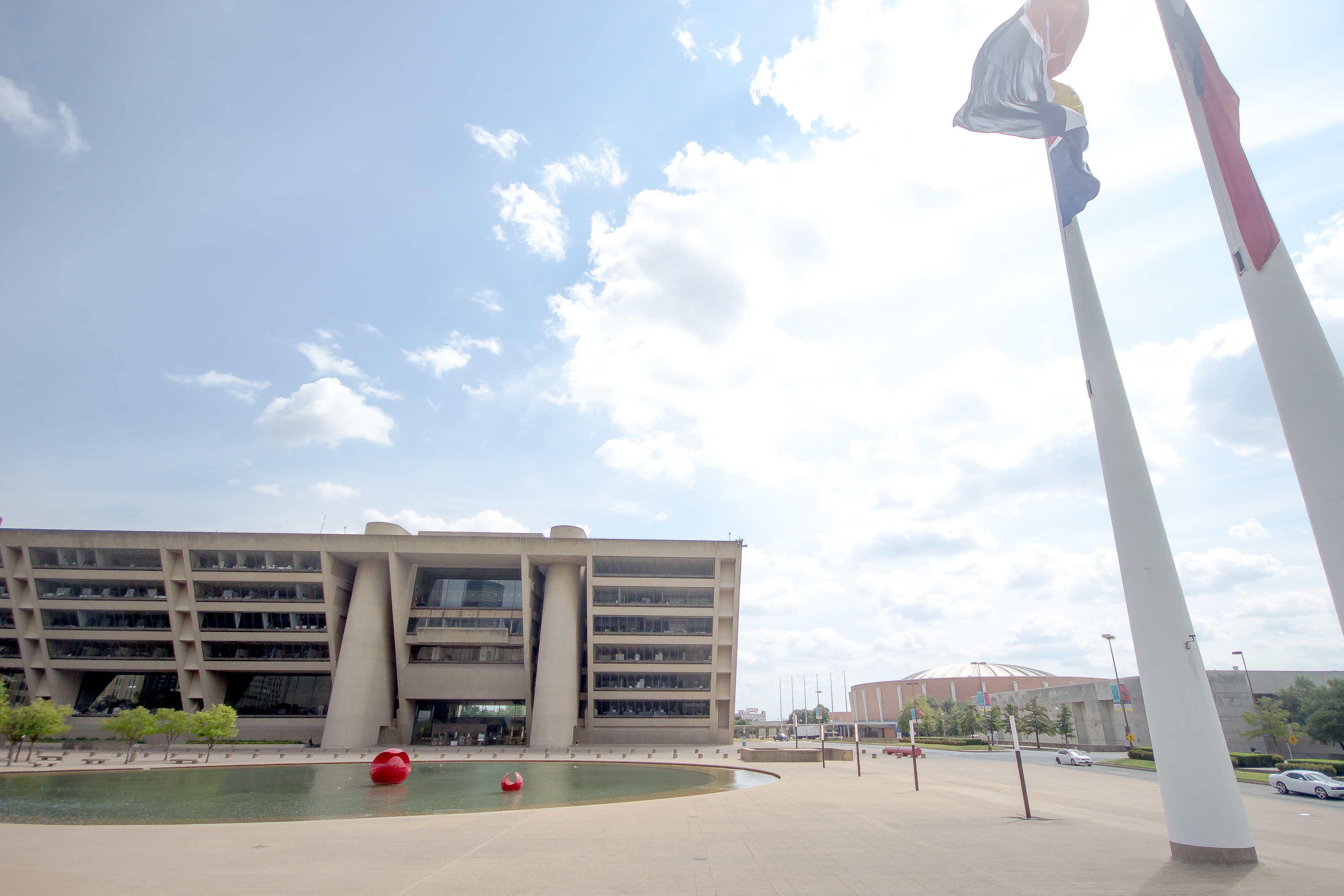One parent told tales of her son and a friend getting cited for curfew violations during short walks from each others’ houses in West Dallas. Others decried the way the curfew ordinance brings kids into early contact with the justice system. They decried how that can expand and follow them into adulthood. They pointed to the disparities by race of those who’ve gotten citations—it makes those first two points so important.
Medical student and UT Dallas alum Maria Islam said that if the curfew was indeed a “tool” for law enforcement to help children, it was akin to taking “an unsterilized plier” into surgery. An ACLU of Texas rep said the daytime curfew is illegal and that re-instituting it could open the city up to legal action.
Meanwhile, supporters of the measure praised its ability to provide a safety net for single parents and told glowing stories about officers who’ve stopped but not cited children in violation. Some attempted to downplay or contextualize the statistics, which show 90 percent of curfew violations last year went to Latinos and blacks. “The critics right now are putting a color on the curfew,” said Andre Butler. “And there is no color on the curfew.”
Those were a few of the comments from Wednesday’s well-attended first public hearing to gather community input on the juvenile curfew. State law says the ordinance has to be re-approved every three years. Last year, the city decided to let it expire in January, and it has, but the plan originally was to reassess the impact this summer. But then support mounted to take a look sooner, leading to the city’s public input session. The second and final hearing is scheduled for February 13.
In all, and by my count, about 17 people spoke in opposition to the curfew. Nine spoke in support.
Butler, a resident of District 8 in southern Dallas and father to two teenagers, said that, as a 1995 high school graduate, he’d seen the curfew from both sides of the equation. “I didn’t miss any activities that would’ve hindered me because of this curfew,” Butler said. It first went into effect in 1994.
Butler’s support accompanied people like Caren Bright, a resident of District 10 in Northeast Dallas and founder of nonprofit Pamper Lake Highlands. A single mother, Bright told the Council about a rough stretch one of her three children went through in high school. Three times the kid was brought back to Bright’s doorstep without a curfew violation. “We as single parents have to have that parent on the street and that enforcement,” she said.
But things might appear different to parents in District 6, in predominately Hispanic West Dallas. There was not a single curfew violation issued in D10 last year; D6 saw 107 of them, easily the most of any district. The next highest was 36 tickets. In all, 77 percent of last year’s violations went to Latinos.
The data shows the outsized impact on minorities was not an aberration. Since 2007, less than 14 percent of the 11,150 curfew citations written went to white children. About 46 percent went to Hispanic children over that time, and about 40 percent went to black children.
“We don’t need to criminalize our black and brown children,” said one resident. “The curfew is leading our children into a pipeline to prison. They are being set up to be institutionalized before they even commit a crime, and that’s not right.”
Others pointed toward a lack of data showing any positive effect from the curfew. They called on the City Council to look for guidance from Austin and Waco, each of which have dropped their curfew with no negative effect.
Late last year, the ACLU of Texas was among a dozen organizations that expressed opposition to extending the curfew in a letter to city officials. On Wednesday, ACLU of Texas’ Lauren-Elaine Brown said that, despite community support for the curfew, it was the city’s responsibility to not continue to “lead the community astray” about its long-term impact. Supporters have repeatedly stressed that the curfew serves as one “tool” for police, although police have maintained they’re able to talk to kids they see out regardless of its existence. Cops who can’t find it inside themselves to approach a child who might need help late at night, Brown said, “may want to reconsider where your priorities lie and whether you are doing people-centered work.”
Under the city’s previous ordinance, which expired in January, kids face a Class C misdemeanor if they’re out between 9 a.m. and 2:30 p.m. or 11 p.m. and 6 a.m. during the weeknights, or between midnight and 6 a.m. on the weekends. After next week’s second public hearing, police will put together an assessment of the findings to bring back to committee.






